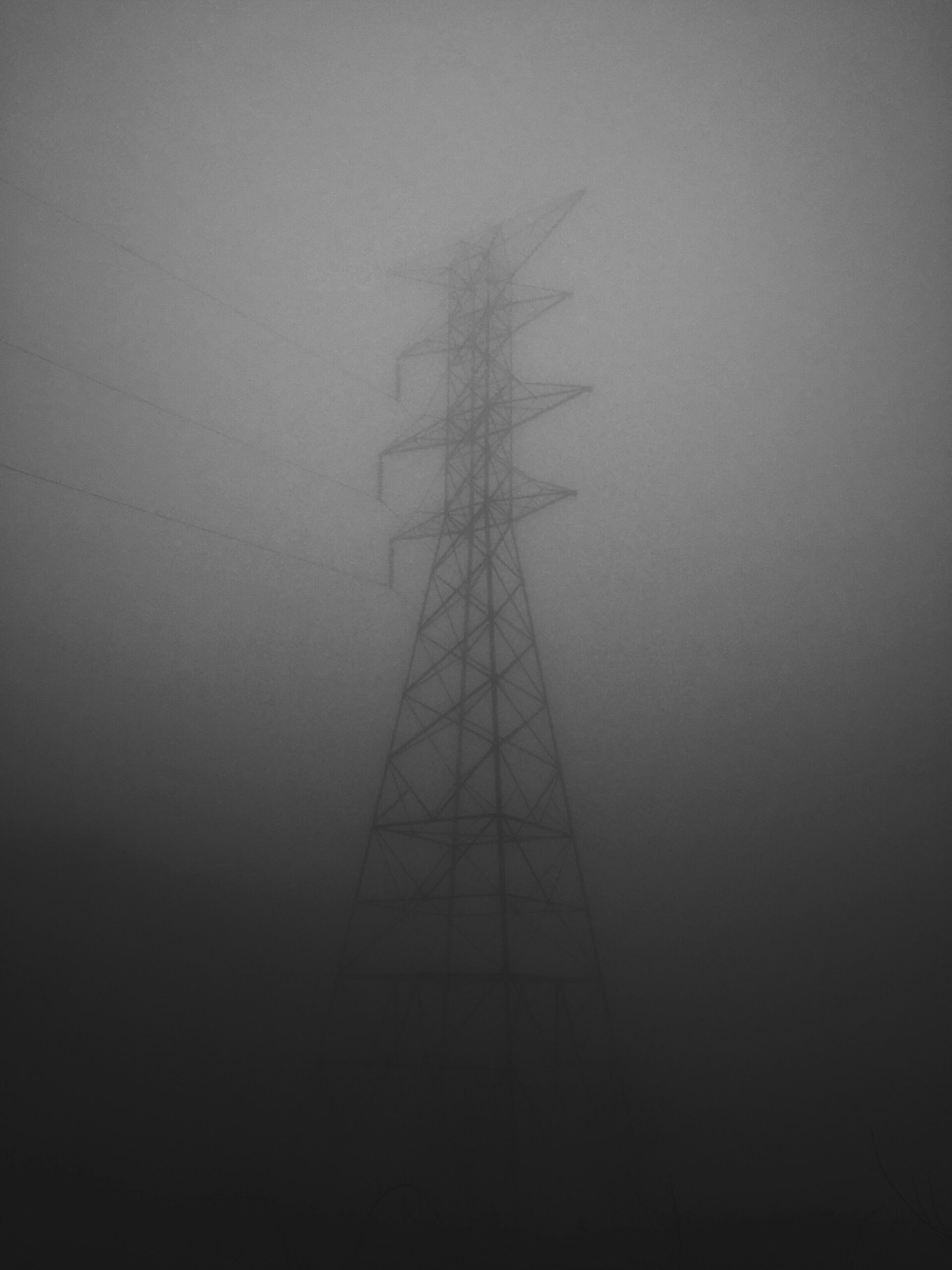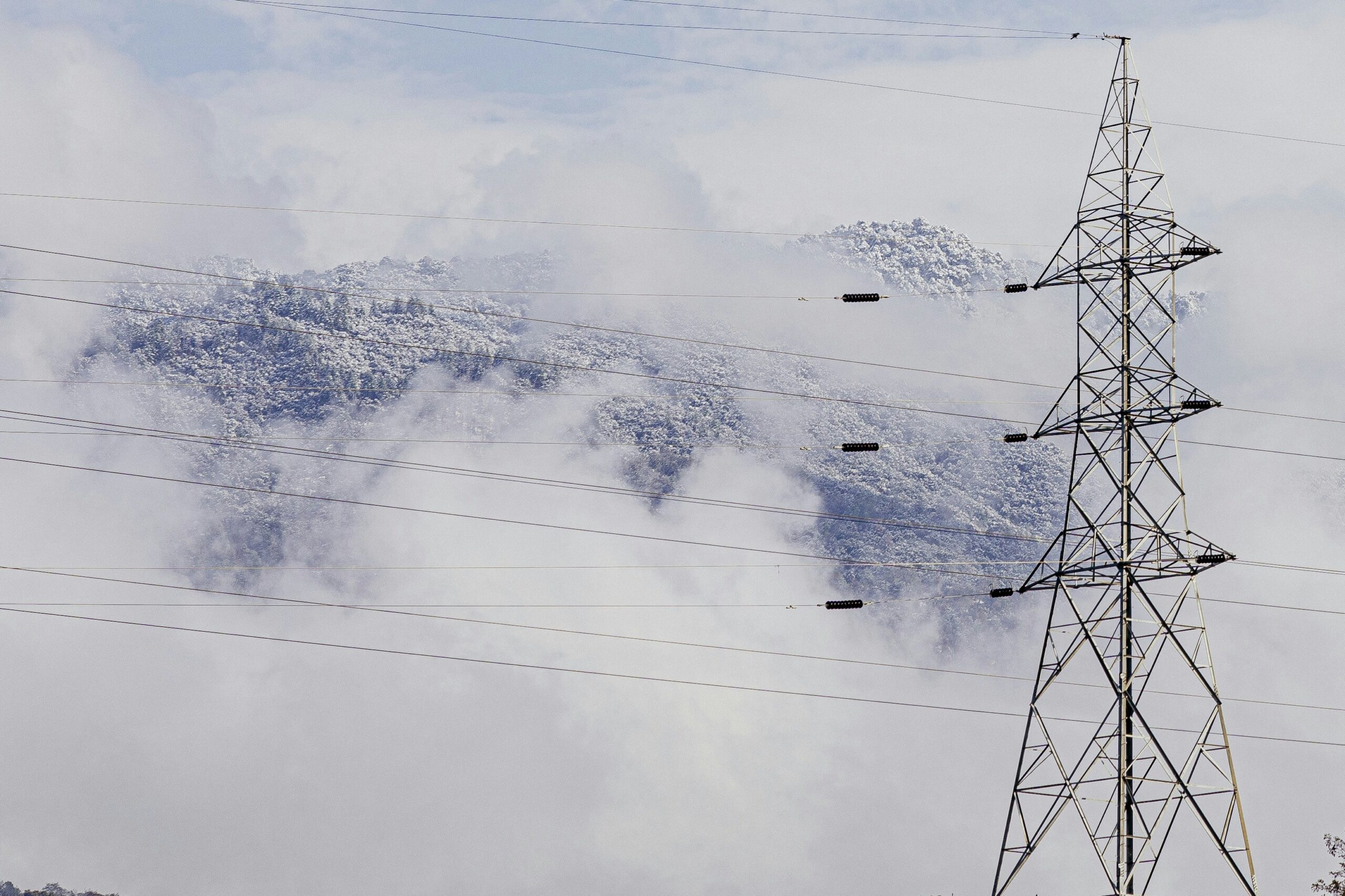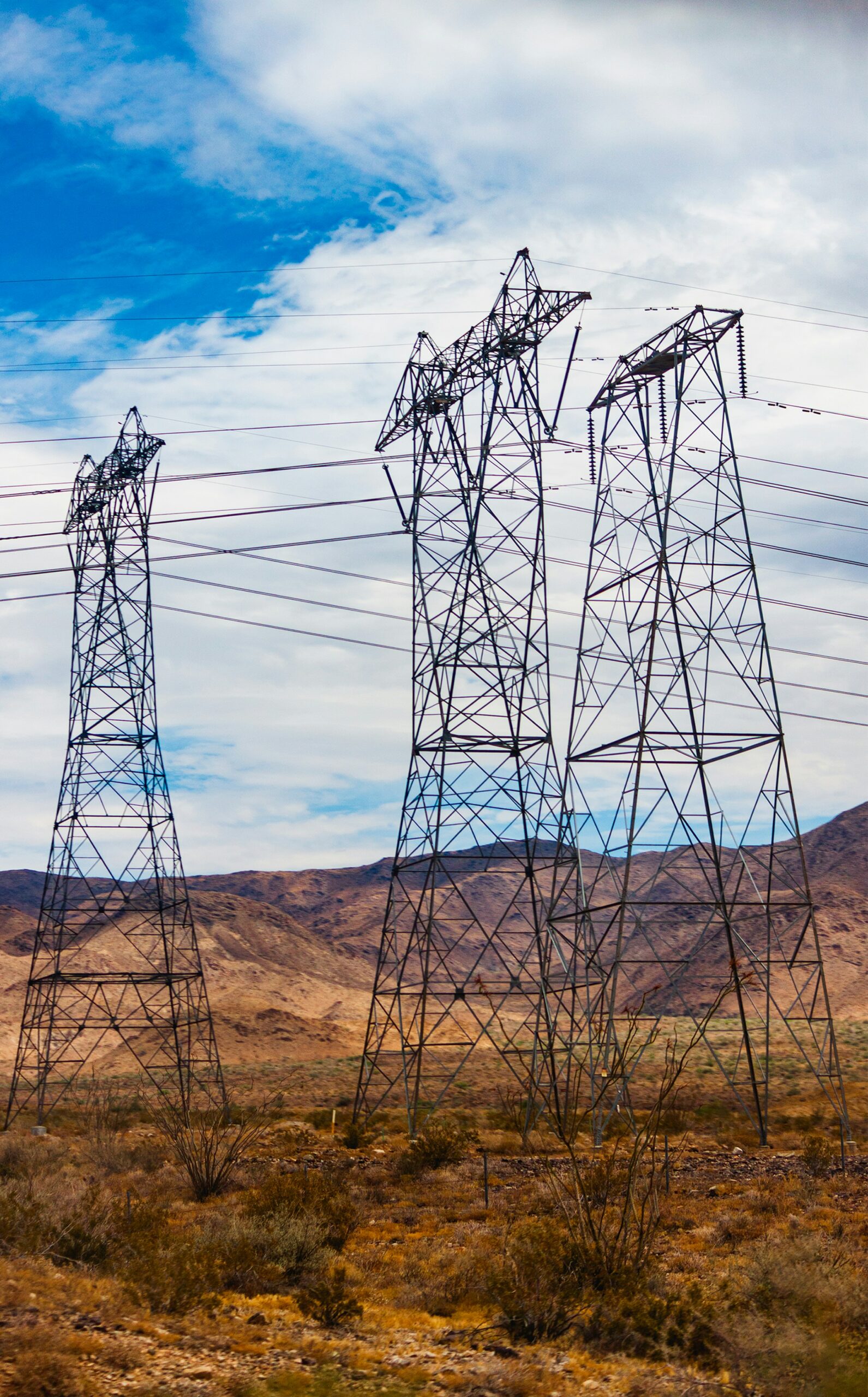In an unexpected event of a power outage, you may find yourself wondering what steps you should take to ensure your safety and comfort. Regardless of the cause, it can be a disorienting experience. However, worry not, as this article aims to provide you with simple and practical tips on what to do during a power outage. Whether you are at home or in a public place, these guidelines will help you navigate through the darkness with ease. So, let’s shed some light on the matter and empower you to handle any power outage situation effectively.

Understanding the Situation
Identifying a power outage
When you find yourself without electricity, the first step is to determine whether there is indeed a power outage. Check your surroundings and see if your neighbors’ homes are also without power. If they are, it is likely a widespread outage affecting the entire area. Alternatively, you can contact your local power company to confirm if there is a known outage.
Distinguishing between regular and severe power outages
It’s important to distinguish between regular power outages, which are relatively short and quickly resolved, and severe power outages that can last for an extended period. Regular power outages are often caused by maintenance work or minor technical issues, while severe outages may be the result of weather-related incidents or major system failures. By understanding the severity, you can better prepare and manage your situation.
Estimating the possible duration of the power outage
Although it’s difficult to predict the exact duration of a power outage, you can get a rough estimate from your local power company or through news updates. Factors such as the cause of the outage, the extent of damage, and the amount of work needed to restore power can influence the duration. It’s crucial to mentally prepare for the possibility of a longer outage and take appropriate measures to manage without electricity in the meantime.
Immediate Measures to Take
Ensuring personal safety
Your safety should be the first priority during a power outage. Make sure to use flashlights or battery-powered lanterns instead of candles, which can pose a fire hazard. Avoid using generators indoors, as they produce carbon monoxide fumes that can be deadly. If you must use a generator, place it outside and away from doors, windows, and vents.
Checking on neighbors
During a power outage, it’s essential to look out for your neighbors, especially those who may be more vulnerable, such as the elderly or those with medical conditions. Reach out to them and offer assistance if needed. This community spirit and support can make a significant difference during challenging times.
Switching off electrical appliances
To prevent potential damage or accidents when the power is restored, it is important to switch off all electrical appliances and unplug sensitive devices. This precautionary measure helps protect against power surges and minimizes the risk of electrical fires. Remember to switch off major appliances, such as your refrigerator, air conditioner, and water heater.
Preventive Measures Before a Power Outage
Keeping emergency supplies on hand
Being prepared ahead of time can greatly reduce the impact of a power outage. Keep a well-stocked emergency kit that includes essential items such as flashlights, batteries, non-perishable food, bottled water, a first aid kit, and necessary medications. Additionally, it is wise to have extra blankets, warm clothing, and a battery-powered or hand-crank radio for updates and entertainment.
Creating a safety plan
Having a safety plan in place can help you and your family stay organized and calm during a power outage. Discuss and establish meeting points, designated roles, and guidelines for different scenarios. Make sure everyone knows where emergency supplies are kept and how to use them. Regularly review and update the plan as needed, ensuring that everyone is familiar with the procedures.
Equipping your home with surge protectors
Investing in surge protectors can safeguard your electronics and appliances from power surges that may occur during an outage. Surge protectors work by diverting excess voltage away from your devices, minimizing the risk of damage. Install surge protectors on your most valuable and sensitive electronic equipment, such as computers, televisions, and home entertainment systems.
Effective Ways to Stay Informed
Using a battery-powered or hand-crank radio
A battery-powered or hand-crank radio is an invaluable tool during a power outage. It allows you to stay connected with the latest news and updates from local authorities and emergency services. Keep spare batteries or a hand-crank radio readily available so that you can receive important information regardless of the availability of electricity.
Keeping updated through social media or news websites
In today’s digital age, social media and news websites provide real-time updates on various incidents, including power outages. Follow your local power company and relevant news outlets on social media platforms to receive instant updates on the progress of power restoration efforts. Stay informed about evacuation orders, emergency shelters, and any other relevant information.
Communicating with the local power company
Maintaining open lines of communication with your local power company is crucial during a power outage. Report the outage to them as soon as possible, providing any details you may have, such as the possible cause or any visible damage. Keep their contact information readily available and reach out to them for updates on the progress of repairs and power restoration.

Managing Without Electricity
Understanding how to use generators properly
If you have access to a generator, it’s important to understand how to use it safely and effectively. Follow the manufacturer’s instructions carefully and ensure proper ventilation for the generator. Use extension cords specifically designed for outdoor use and connect appliances directly to the generator. Avoid overloading the generator by only running essential devices.
Maintaining an ideal temperature without traditional HVAC systems
During a power outage, maintaining a comfortable temperature can be a challenge without the use of traditional heating, ventilation, and air conditioning (HVAC) systems. To conserve warmth in colder months, gather everyone in a single room and use blankets or sleeping bags. In hotter months, open windows and use fans or battery-powered portable air conditioners. Dressing in layers can also help regulate body temperature.
Cooking and preserving food without electricity
When the power is out, it’s important to follow proper food safety practices to prevent food spoilage and avoid potential foodborne illnesses. Keep the refrigerator and freezer doors closed as much as possible to maintain the cold temperature. If necessary, use a cooler with ice to store perishable items temporarily. Plan meals that require minimal cooking, such as cold sandwiches or canned goods.
Conducting Regular Home and Appliance Checks
Monitoring electrical wirings
Regularly monitoring the condition of your electrical wirings can help identify potential issues before they turn into major problems. Look for any signs of frayed wires or damaged insulation. If you notice any abnormalities, such as flickering lights or sparks, contact a qualified electrician to assess and address the situation promptly. Avoid attempting to fix electrical issues on your own.
Inspection of fuse boxes and circuit breakers
Fuse boxes and circuit breakers play a crucial role in protecting your home’s electrical system from overloads and short circuits. Periodically inspect these components to ensure they are in good working condition. Check for blown fuses or tripped circuit breakers and replace or reset them accordingly. If you are unsure how to safely handle these tasks, consult a professional electrician.
Servicing and maintaining appliances
Regular maintenance of your appliances can increase their efficiency and reduce the risk of malfunctions during a power outage. Clean any filters in your appliances, such as those in air conditioners and refrigerators, as clogged filters can strain the appliances and cause them to consume more energy. Additionally, have your appliances serviced regularly by qualified technicians to identify and fix any potential issues.

First Aid and Safety During Power Outages
Knowing basic first aid practices
Having knowledge of basic first aid practices is essential during a power outage or any emergency situation. Take the time to learn CPR, as well as how to treat common injuries such as cuts, burns, and sprains. Keep a well-stocked first aid kit that includes bandages, antiseptics, pain relievers, and any necessary medications.
Understanding fire safety measures
Power outages can increase the risk of fires, especially if candles or alternative heating sources are used improperly. Ensure that you have working smoke detectors installed throughout your home and that they have fresh batteries. Keep fire extinguishers in easily accessible locations and make sure everyone in your household knows how to use them. Practice fire escape drills regularly to be prepared in case of an emergency.
Implementing safety procedures with children and elderly
During a power outage, children and the elderly may require extra assistance and attention. Make sure they are aware of emergency procedures and have access to emergency supplies. If needed, keep a supply of essential medications readily available. Be patient and understanding, offering reassurance and comfort during this challenging time.
Power Restoration After an Outage
Inspection of electrical appliances
Before you turn on any electrical appliances after the power is restored, conduct a thorough inspection of each item. Look for any visible damage, such as frayed cords or burn marks. If you notice any issues, refrain from using the appliance and contact a professional to assess and repair it. Taking these precautions can help prevent accidents and further damage to your appliances.
Slow reenergizing of home appliances
When power is restored after an outage, it’s important to gradually reenergize your home appliances. Start by plugging in and turning on essential devices, such as your refrigerator or freezer. Wait a few minutes before connecting additional devices to avoid overloading the electrical system. This gradual process helps stabilize the power flow and reduces the risk of electrical surges.
Reconnecting and resetting of the circuit breakers
After a power outage, check your circuit breakers to ensure they are in the “off” position before reconnecting them to the power source. Once all breakers are turned off, slowly switch them back to the “on” position one by one. This method helps avoid sudden power surges that can damage your appliances. If you encounter any difficulties, consult a professional electrician for assistance.
Dealing With Long-term Power Outages
Planning for power supply using alternative sources
In the event of a long-term power outage, it may be necessary to consider alternative sources of power. Portable generators, solar panels, or wind turbines are potential options for generating electricity. However, it is crucial to prioritize safety and follow the manufacturer’s instructions when using these alternative power sources. Ensure proper ventilation and use appropriate fuel for generators.
Stocking up on essential supplies
Preparing for a long-term power outage involves stocking up on essential supplies to sustain you and your family. Store ample non-perishable food items, bottled water, and necessary medications. Consider investing in a backup power source for critical medical equipment, if needed. Additionally, stock up on batteries, candles, and alternative lighting sources to meet your household’s needs.
Handling sanitation and hygiene without electricity
A long-term power outage can disrupt the normal functioning of sanitation and hygiene systems in your home. To mitigate this, consider having a backup plan for personal hygiene. Stock up on wet wipes, hand sanitizers, and sanitizing solutions. Non-flushable toilets, such as portable camping toilets or composting toilets, can be useful in managing waste disposal.
Possible Insurance Measures
Understanding insurance coverage for power-related damages
It’s important to review your insurance policies to understand what coverage you have for power-related damages. Certain policies may cover losses due to power outages caused by specific events, such as lightning strikes or windstorm damage. However, coverage for general power outages may be limited or excluded. Contact your insurance provider to clarify your coverage and consider appropriate add-ons if necessary.
Filing claims for power-outage damages
If you experience any damages to your property or belongings as a result of a power outage, it’s essential to document and report them to your insurance company promptly. Take photographs or videos of the damages as evidence and provide detailed descriptions. Provide receipts, invoices, or any evidence of the value of damaged items to support your claim.
Understanding what is not covered under insurance
While insurance policies may provide coverage for certain power-related damages, it’s crucial to be aware of what is not covered. Typical exclusions include losses caused by intentional acts, negligence, or wear and tear. Additionally, consequential damages resulting from power outages, such as spoiled food, may not be covered unless you have specific additional insurance for these types of losses.
By understanding the various aspects of a power outage and how to effectively manage them, you can ensure your safety, minimize damages, and navigate through the situation with confidence. Remember, preparation is key, and staying informed is crucial to handling power outages efficiently.

